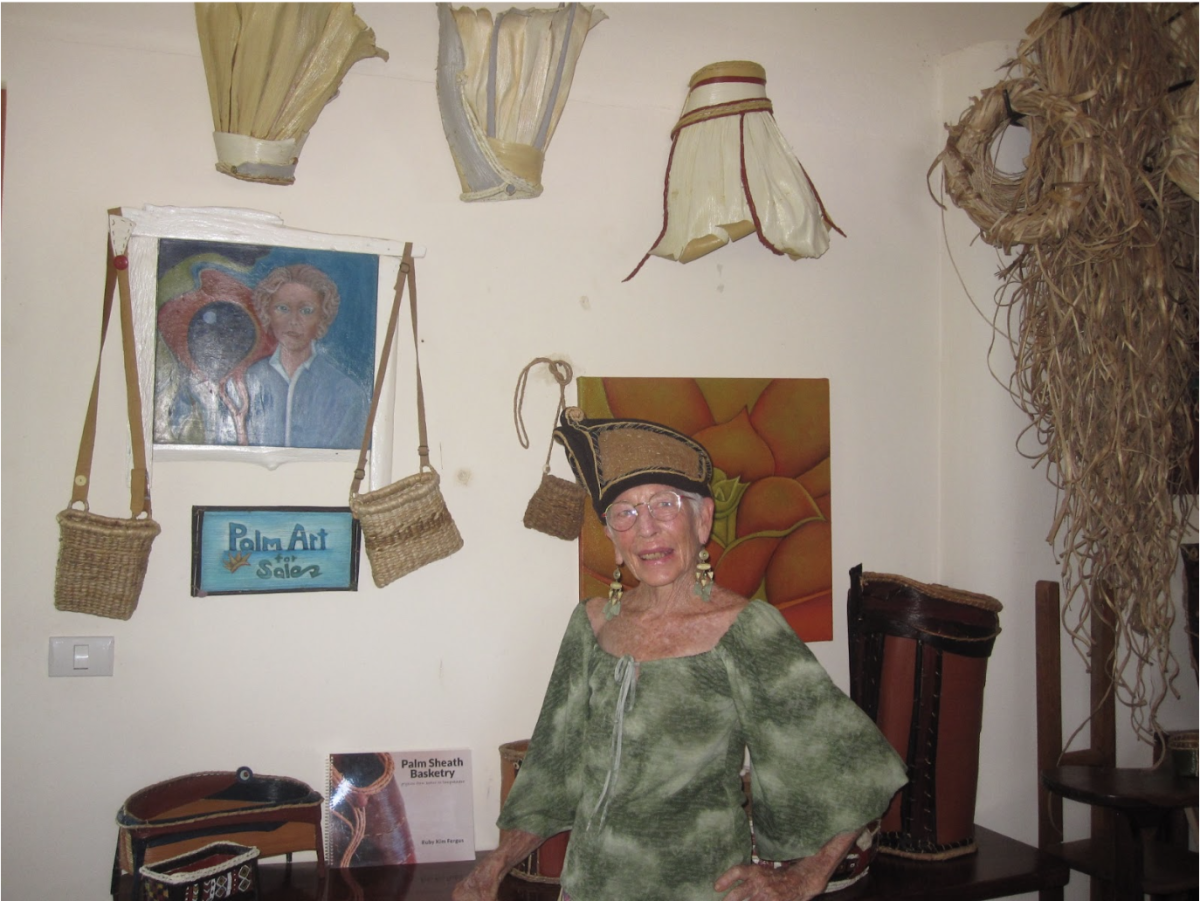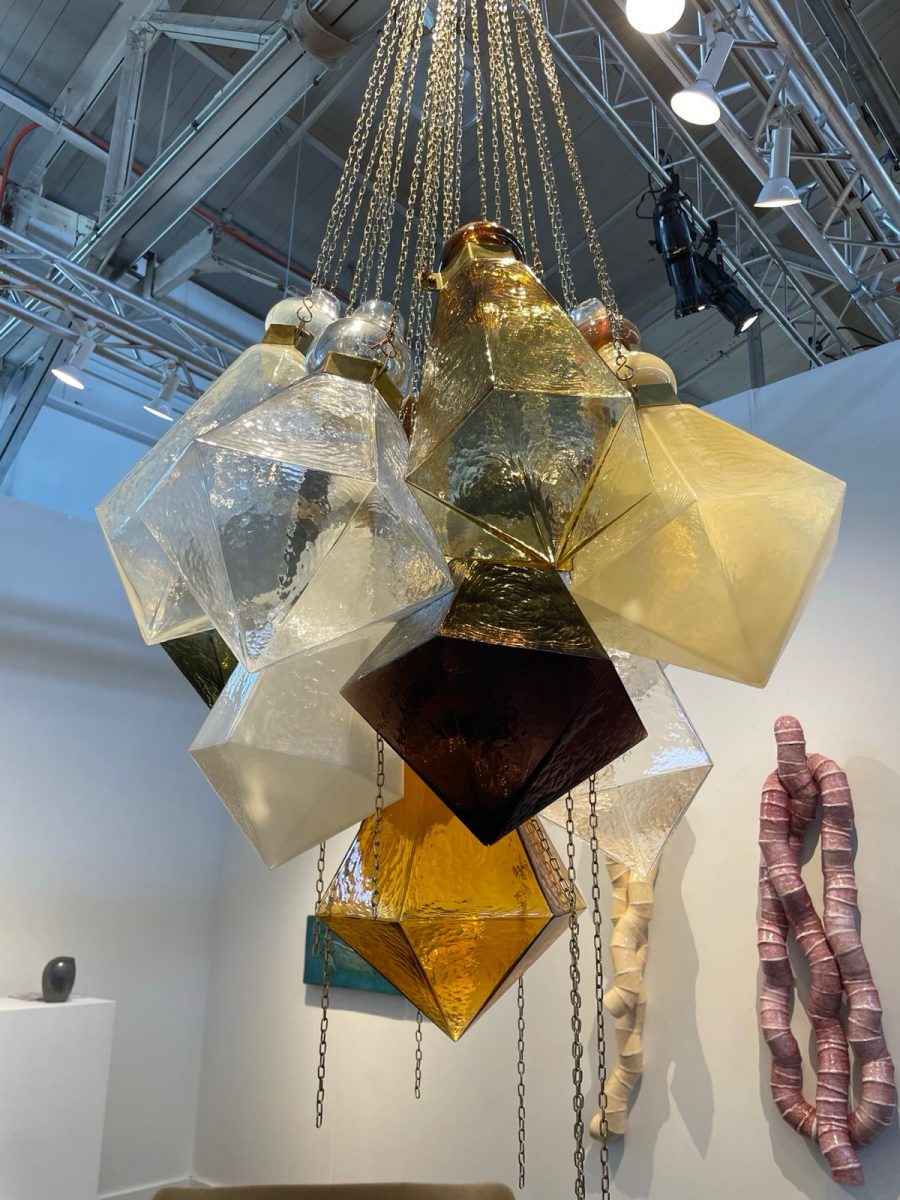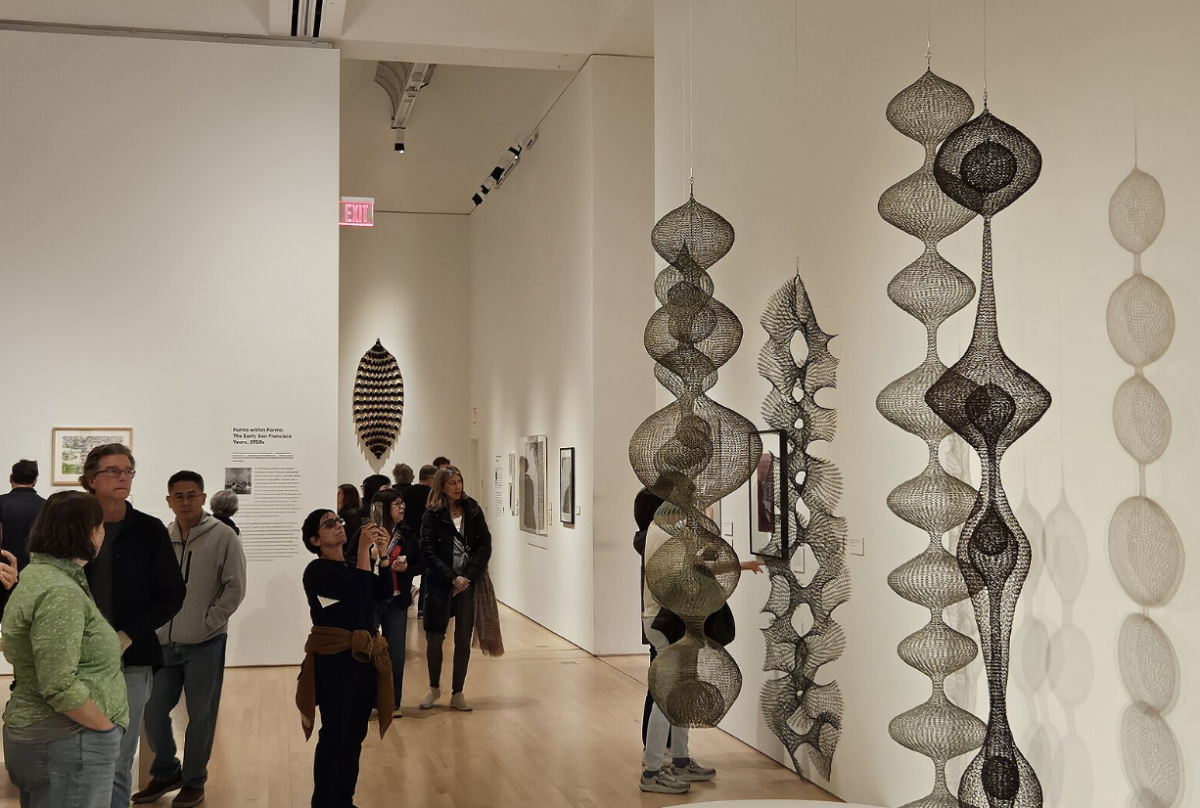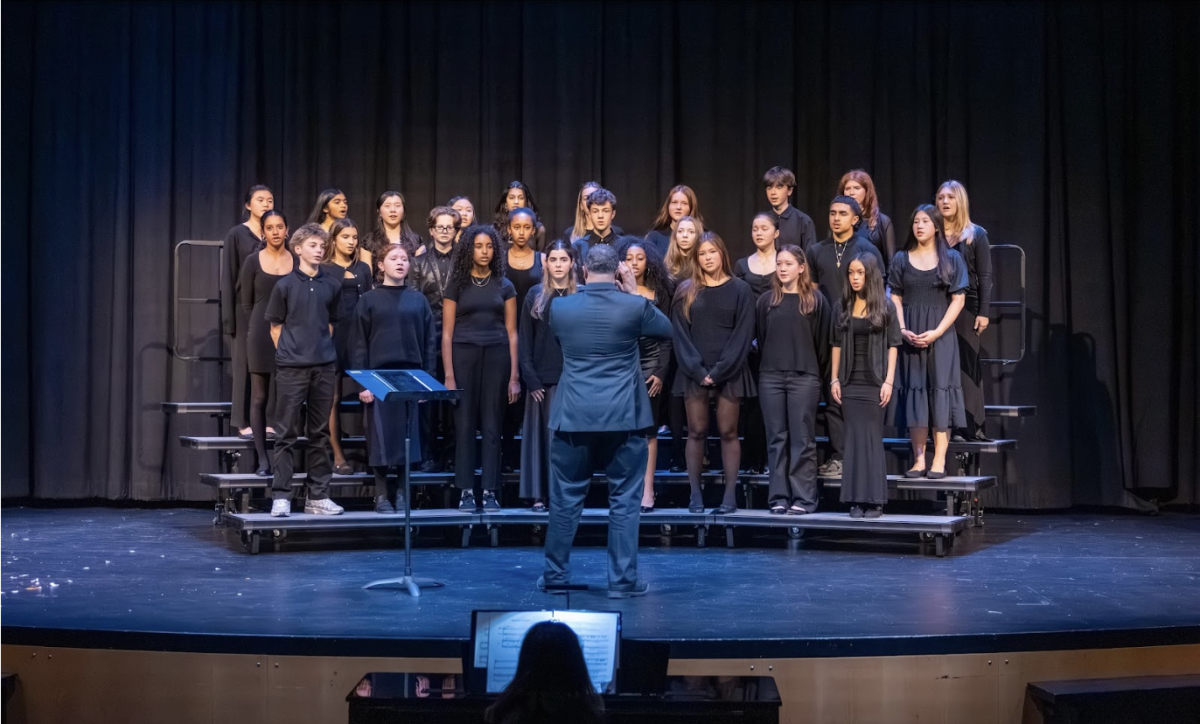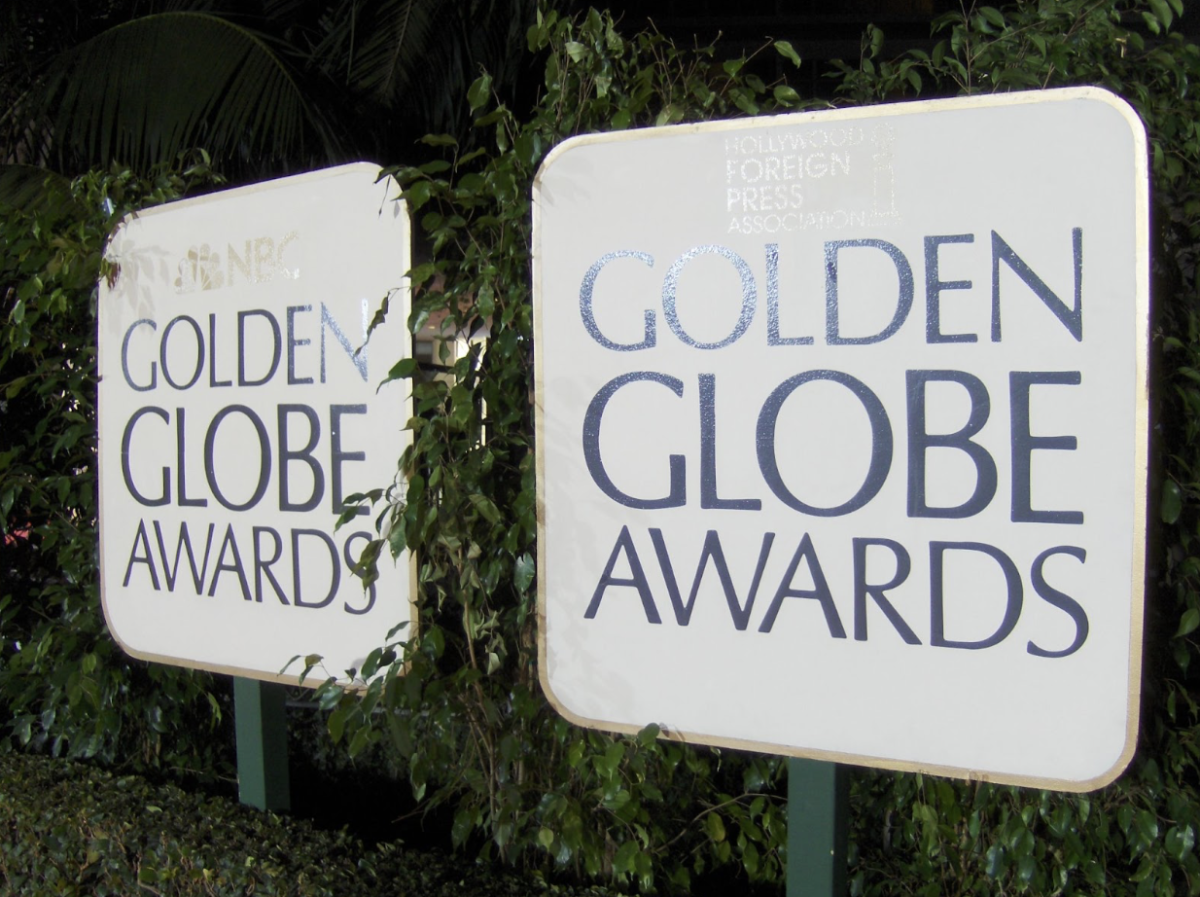
Rebecca Kelliher
Editor-in-Chief
Wafting aromas of rich spices, sweet almonds, fresh herbs and warm lamb kebabs blend into a jumble of lively people clapping and dancing to vibrant music in St. Gregory Armenian Apostolic Church at the 51st annual Armenian Food Festival or Bazaar September 19–21.
“There’s so much food at the festival, from kebabs to traditional sarmas filled with herbs and grape leaves that there’s no place to even put your fork,” said senior Elisa Asdourian, who is of Armenian descent and has attended the festival.
The Armenian Food Festival not only has a buffet featuring a complete shish-kebab dinner and pastries, but also has children’s games, folk dancing and shopping booths.
“Even though I’m not Armenian, I loved experiencing the culture and listening to all the great music,” said senior Devin Ruiz who has attended the festival. “I’ve bought some beautiful jewelry there, and they sell a lot of hand-woven items and imported Armenian carpets.”
Armenia — which borders four nations including Turkey in the west and Georgia in the north — has a variety of traditional dishes, including soubereg, which is like the Armenian version of lasagna.
At the core of the Armenian Food Festival is a sense of celebration according to the Armenian owner of the restaurant Le Mediterraneé, Levon Der Bedrossian.
“It’s so festive, you can’t help but smile when you’re there and get up and dance,” said Der Bedrossian. “All the music and food with kids running around, it’s just a huge jamboree.” Yet to Der Bedrossian, food and the Armenian culture are greatly interlinked.
“Food is the backbone of our culture,” said Der Bedrossian. “It’s part of the social fabric. When there’s a birth, a death, a marriage, or a holiday we always have food. That’s part of the magic of the food — it has so many dimensions. To me, it has a healing quality and a social dimension by bringing people together.”
Der Bedrossian views the history of the Armenain people, especially the effects of the Armenian genocide of the early 20th century, as partly contributing to how food is strongly weaved within their heritage.
“We’ve been refugees a lot,” said De Bedrossian. “And when you’ve lost everything and go to a foreign land, food becomes an anchor for the people. Food is almost a relic of our culture.”
Der Bedrossian also considers the evolution of Armenian food as a reflection of the evolution of Armenian culture.
“Food, like culture, is so dynamic,” said Der Bedrossian. “As we would move from country to country, we would incorporate those cultures into our recipes. Armenian food, and food in general, is so fluent. It’s all about how a culture grows. It’s beautiful.”
The Armenian Food Festival is Sept. 19–21 at 825 Brotherhood Way; Friday 7 p.m.–12 a.m, Saturday noon to midnight and Sunday noon to 6 p.m.



